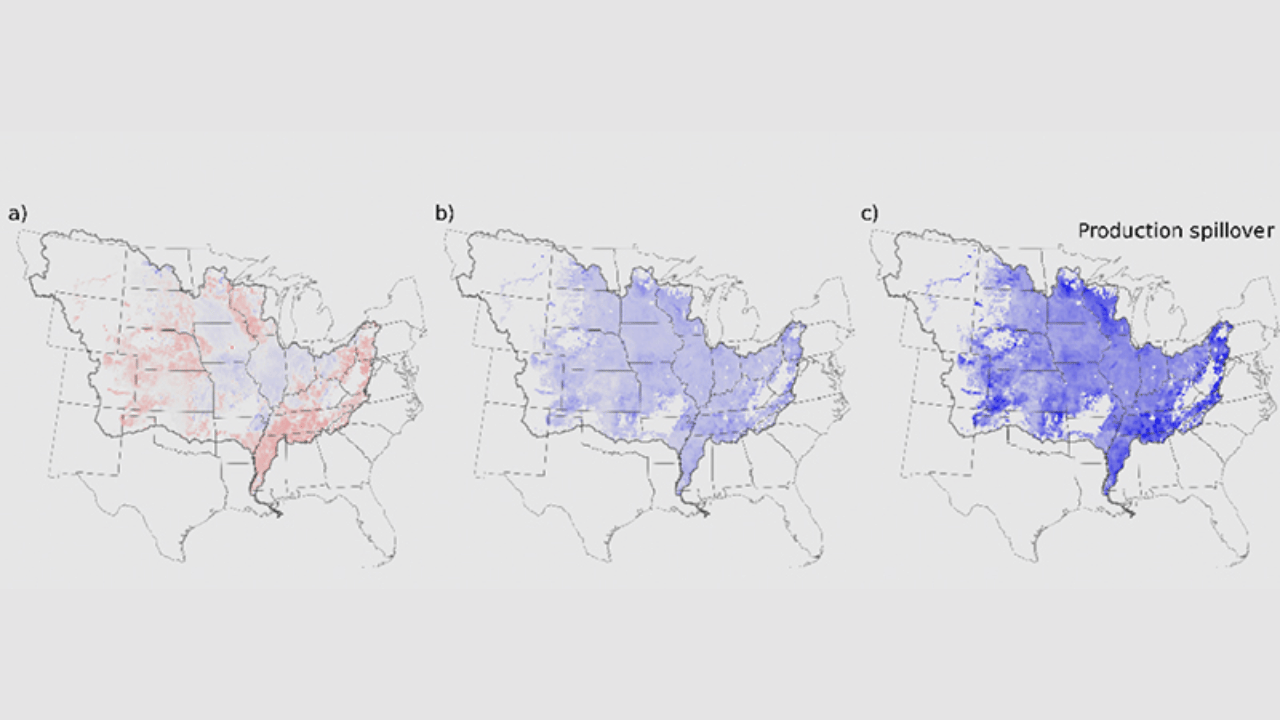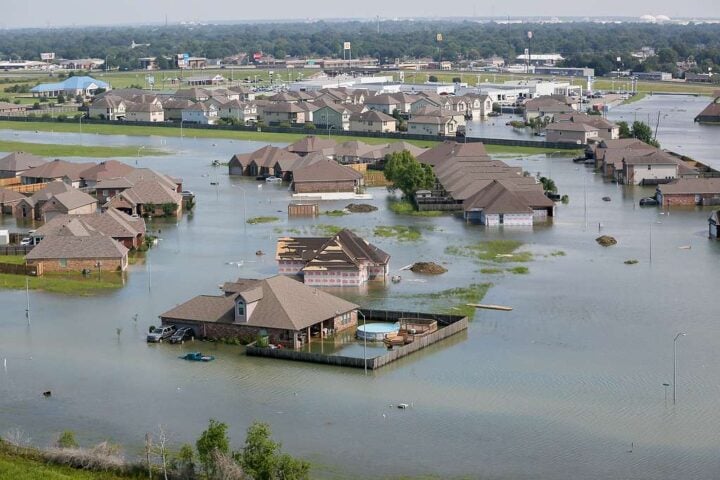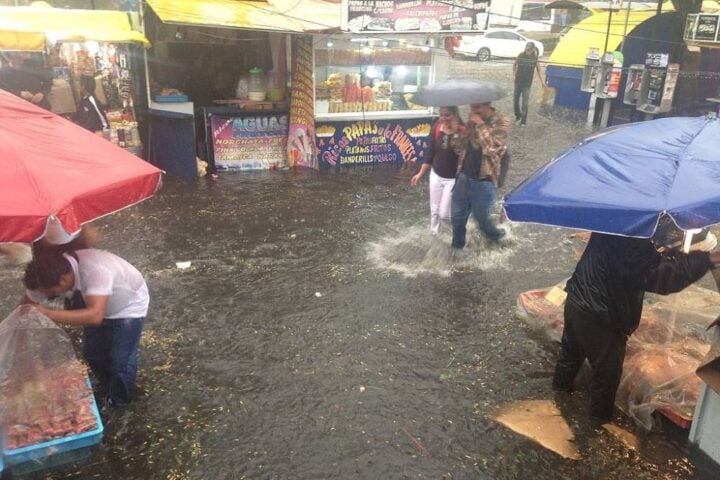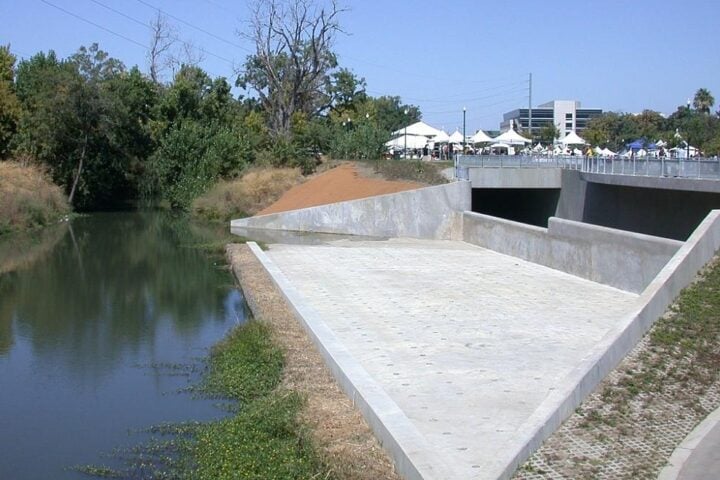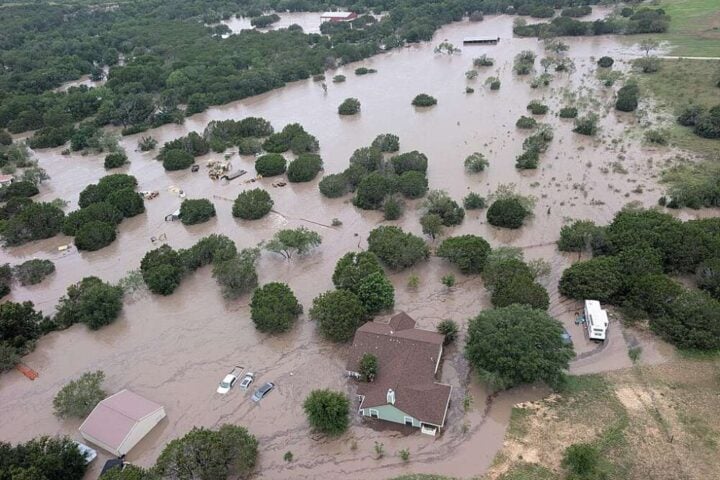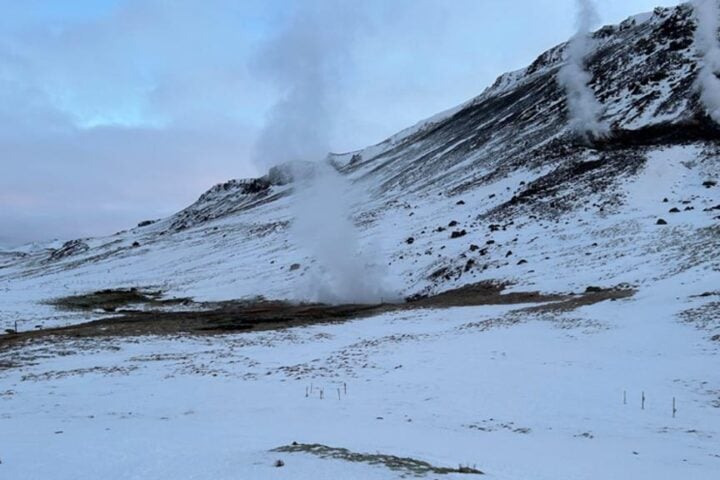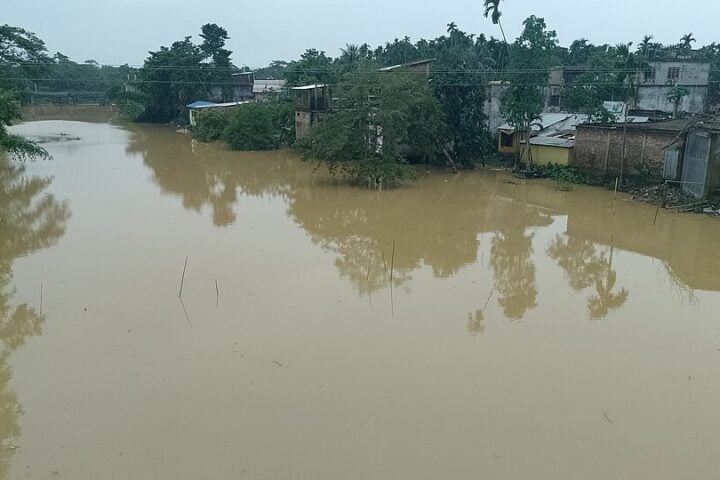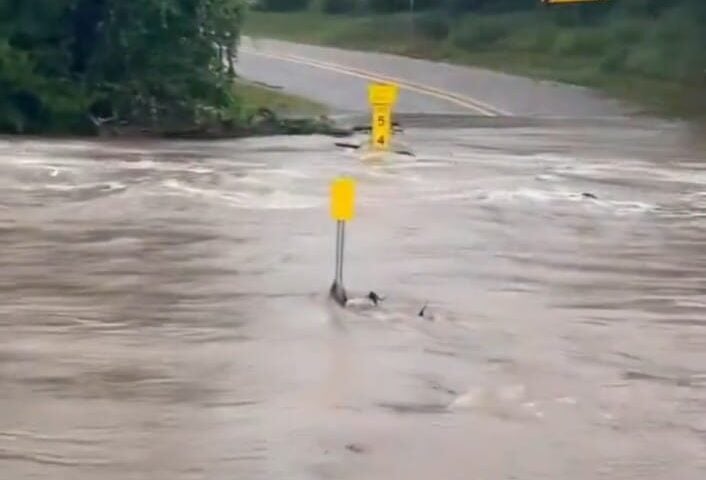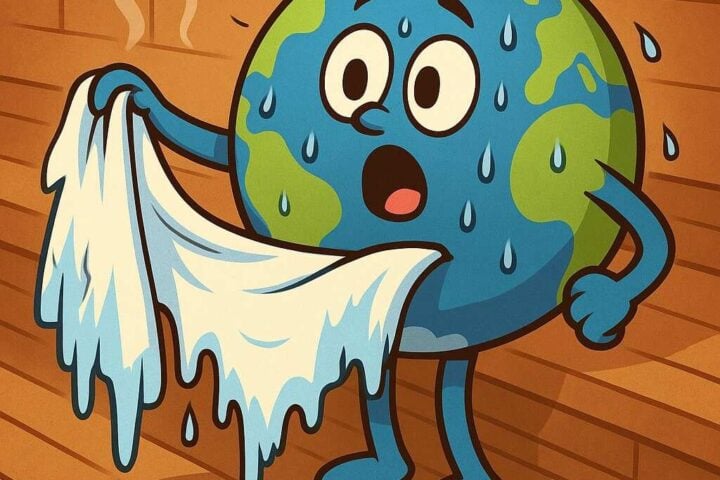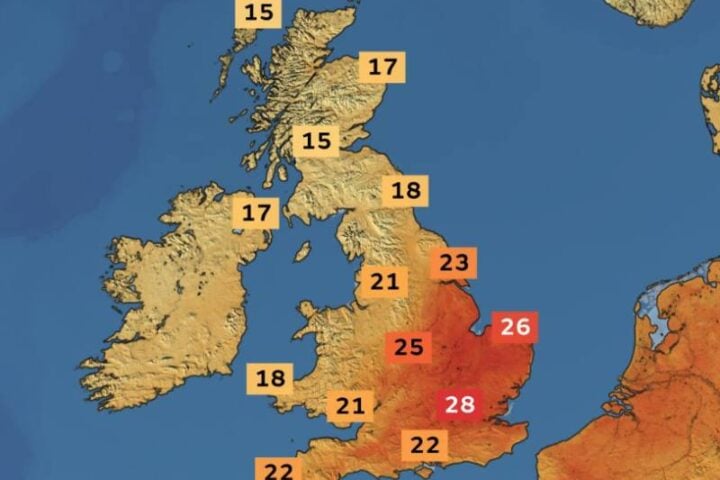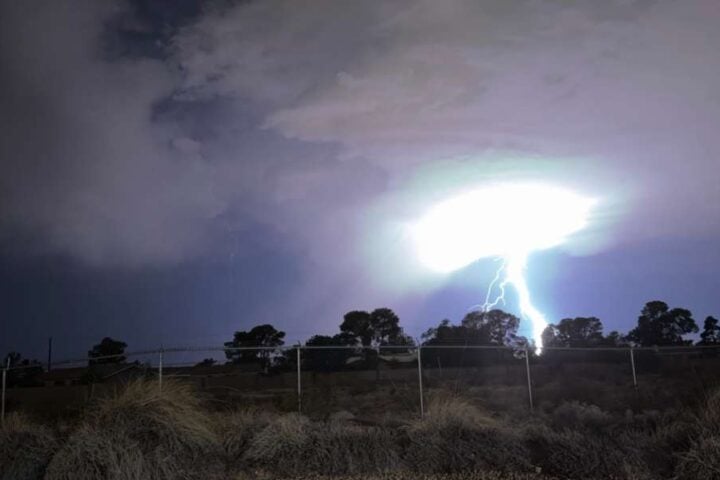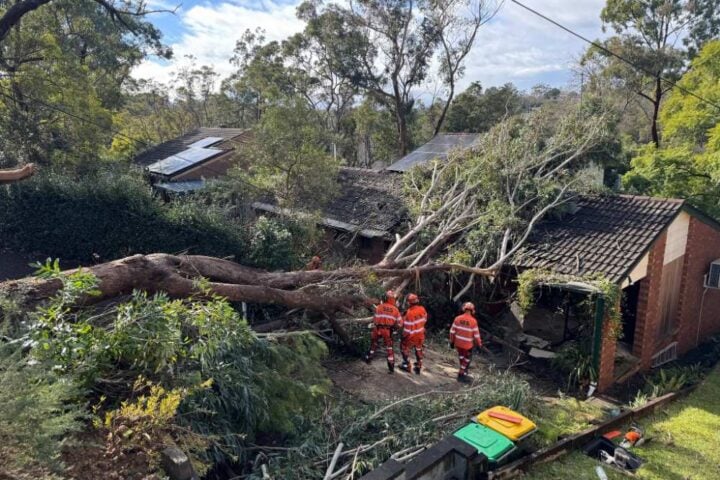In a groundbreaking study published in the Proceedings of the National Academy of Sciences (PNAS), researchers from Purdue University and the University of New Hampshire have unveiled a comprehensive analysis on the intersection of U.S. climate policy, agricultural practices, and their consequent impact on water quality, particularly in the Mississippi River Basin. This piece delves into their findings, offering a meticulous look at the intricate dynamics between environmental policy and agroeconomics.
The team, led by Shan Zuidema and colleagues, utilized a sophisticated coupling of models encompassing economy, agroecology, and hydrology. This enabled them to simulate the impact of different carbon pricing scenarios – $51, $76, and $152 per ton of CO2 equivalents – on agricultural inputs and outputs. The models predicted a striking 50% reduction in U.S. carbon emissions under the highest carbon pricing, coupled with a 90% surge in nitrogen fertilizer prices. This would lead to a 15% decrease in fertilizer use for corn production across the Mississippi River Basin, impacting both crop production and prices.

The researchers found a 7% drop in corn and soybean production, causing a 6% increase in crop prices. More significantly, they observed a 10% reduction in nitrate leaching. The simulations suggest an 8% decrease in nitrate export to the Gulf of Mexico, reducing the midsummer hypoxic zone area by 3% and its volume by 4%. These figures are crucial, considering the goal of reducing nitrogen deliveries to the Gulf by 45-60% to meet EPA hypoxia objectives.
An intriguing aspect of the study is the exploration of wetland restoration’s role. While beneficial, wetland restoration alone showed spillover effects, increasing nitrate leaching in other basin areas. However, coupled with the carbon policy, these negative effects were mitigated, underlining the policy’s significance in managing environmental spillovers.
This research is not just a tale of numbers and predictions. It touches on the human element, particularly for communities reliant on the Gulf of Mexico’s fishery and those affected by rural groundwater contamination. It also poses significant implications for the agricultural sector, where increased nitrogen fertilizer prices could reshape farming practices.The study underscores the urgency of greenhouse gas mitigation in the U.S., aligning with the Paris Agreement goals. It also aligns with the U.S. administration’s plans for carbon-free electricity by 2035 and net-zero emissions by 2050. The findings emphasize that a national climate policy would not only aid in reducing greenhouse gas emissions but also bring significant water quality co-benefits.
This study provides a nuanced and detailed examination of the multi-faceted impacts of climate policy on agriculture and the environment. It offers valuable insights for policymakers and stakeholders, highlighting the interconnectedness of our actions and their repercussions on the natural world. As we look forward, it is clear that comprehensive and well-considered policies are crucial for addressing the complex challenges of our time, balancing economic growth with environmental stewardship.
